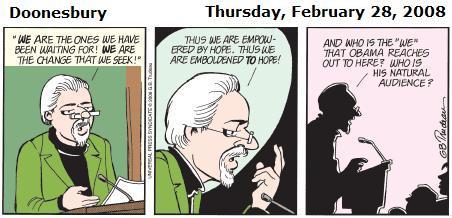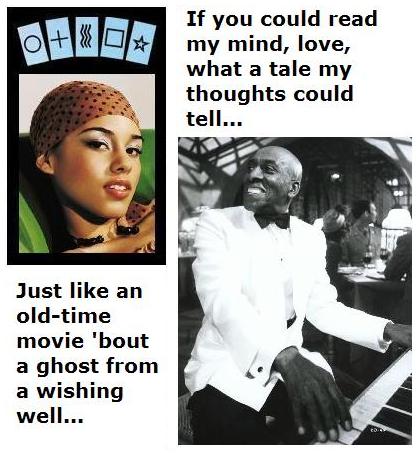Matthew had a couple of hours on his hands before dinner with the Kanes, so he drifted up to the only grassy spot in Twenty-Mile, the triangular, up-tilted little meadow crossed by a rivulet running off from the cold spring that provided the town's water. This meadow belonged to the livery stable, and half a dozen of its donkeys lazily nosed in the grass while, at the far end, a scrawny cow stood in the shade of the only tree in Twenty-Mile, a stunted skeleton whose leafless, wind-raked branches stretched imploringly to leeward, like bony fingers clawing the clouds. The meadow couldn't be seen from any part of the town except the Livery, so Matthew felt comfortably secluded as he sauntered along, intending to investigate the burial ground that abutted the donkey meadow, but B. J. Stone called to him from the Livery, so he turned back and began the chore they had found for him to do: oiling tools.
LATER….
After they did the dishes, Matthew and Ruth Lillian walked down the Sunday-silent street, then turned up into the donkey meadow. He was careful to guide her away from the soggy patch beneath the tree, where the Bjorkvists had slaughtered that week's beef. Lost in their own thoughts, they strolled across the meadow, the uneven ground causing their shoulders to brush occasionally, until they reached the fenced-in burying ground.
STILL LATER….
"Matthew?" she asked in an offhand tone.
"Hm-m-m?"
"What's 'the Other Place'?"
He turned and stared at her. "How do you know about that?"
"You told me."
"I never!"
"Yes, you did. You were telling about your fight with the Benson boys, and you said you couldn't feel their punches because you were in this 'Other Place.' I didn't ask you about it then, 'cause you were all worked up. But I've been curious about it ever since."
"Oh, it's just…" In a gesture that had something of embarrassment in it and something of imitation, he threw his stick as hard as he could, and it whop-whop-whop'd through the air, landing against the sagging fence that separated the burying ground from the donkey meadow.
"If you don't want to tell me, forget it. I just thought… Never mind." She walked on.
"It's not that I don't want to tell you. But it's… it's hard to explain."
She stopped and waited patiently.
"It's just… well, when I was a little kid and I was scared– scared because Pa was shouting at Ma, or because I was going to have to fight some kid during recess– I'd fix my eyes on a crack in the floor or a ripple in a pane of glass– on anything, it didn't matter what– and pretty soon I'd slip into this– this Other Place where everything was kind of hazy and echoey, and I was far away and safe. At first, I had to concentrate real hard to get to this safe place. But then, this one day a kid was picking on me, and just like that– without even trying– I was suddenly there, and I felt just as calm as calm, and not afraid of anything. I knew they were punching me, and I could hear the kids yelling names, but it didn't hurt and I didn't care, 'cause I was off in the Other Place. And after that, any time I was scared, or if I was facing something that was just too bad, I'd suddenly find myself there. Safe and peaceful." He searched here eyes. "Does that make any sense to you, Ruth Lillian?"
"Hm-m… sort of. It sounds kind of eerie." And she added quickly, "But really interesting!"
"I've never told anybody about it. Not even my ma. I was afraid to because… This'll sound funny, but I was afraid that if other people knew about the Other Place, it might heal up and go away, and I wouldn't be able to get there when I really needed to. Crazy, huh?"













































